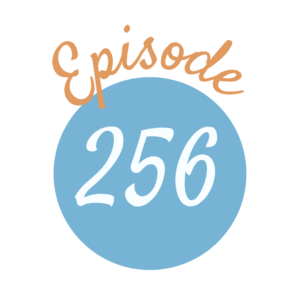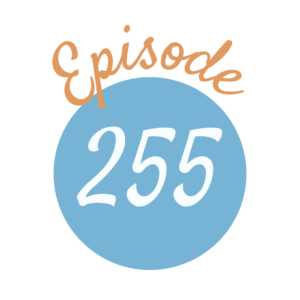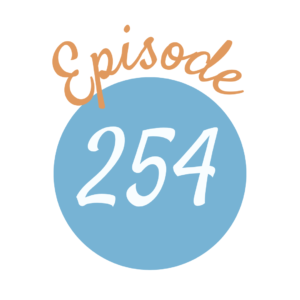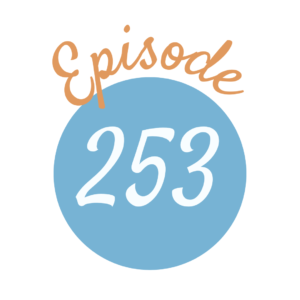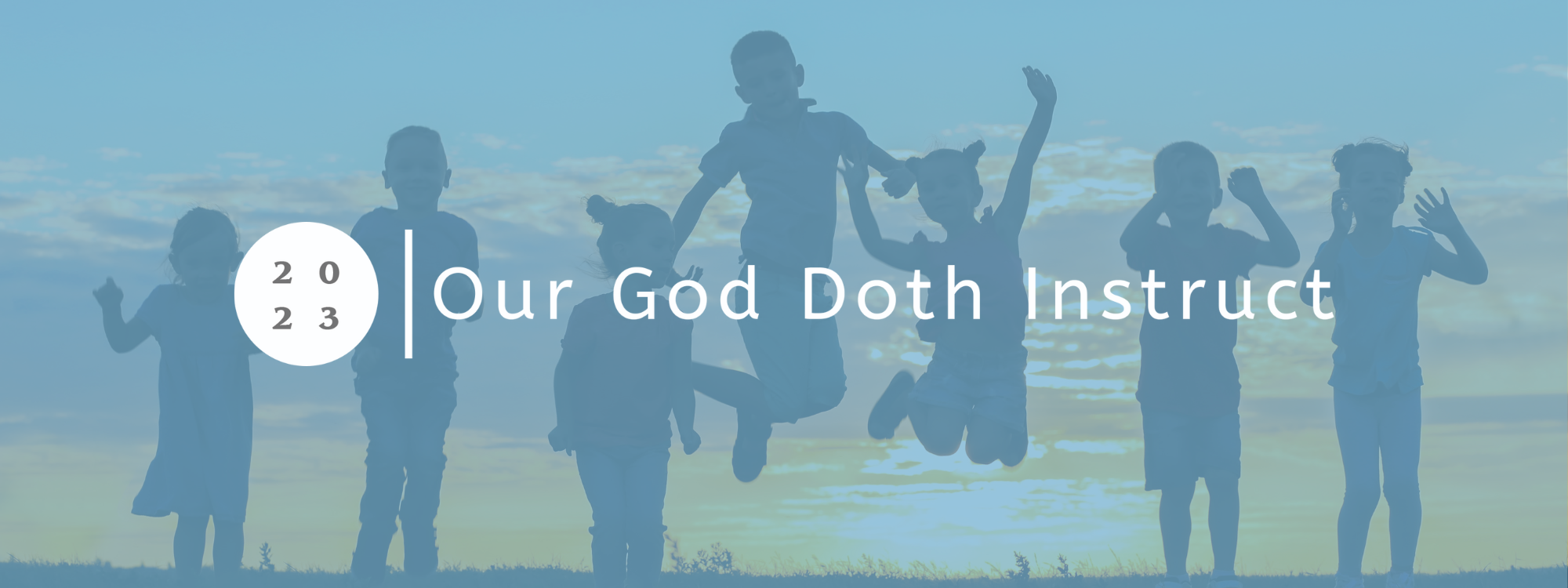The third annual ADE at Home Conference will be held on February 3 and 4, 2023, but registration closes on February 2, so get your tickets before it’s too late!
- Experience 16 demonstration lessons. Each presents an actual school lesson and will equip you to carry out Miss Mason’s method in your home or classroom.
- Prepare to be encouraged by 24 speakers from three continents and all walks of life. They bring experience from living out Charlotte Mason’s method’s in the country and the city, with many children or just a few. Some homeschool their children, and others teach in a classroom environment.
- Choose from a broad range of topics explored through 32 sessions, from Latin lessons to Scouting and Sunday School to Science experiments. Our speakers will explain the principles and application of Miss Mason’s method related to home and school life. Whether you have little kids running underfoot or a house full of high school students, there is something for each of you.
All of the sessions will be available until May 04, 2023. However, we hope you will take advantage of the many opportunities to gather, socialize, interact, and find new and old friends during the conference. Use the Community Board or schedule Virtual Meetups to discuss the things that matter most to you. Last year we heard from groups who got together to watch. Others rented a hotel room to watch in silence. Still, more of our guests watched when they could grab a free hour here and there, so the live but also available for three months aspect of this conference is a great benefit. Remember, however, that each attendee still needs a ticket if you meet with a group. Besides, you can only watch so many sessions during the event, and you will want the opportunity to enjoy other sessions later.
The Details
DATE: February 3 and 4, 2023. Attendees will have access to all recorded sessions until May 04, 2023.
WHEN: Friday evening 5:00-9:00 p.m. and Saturday 10:00 a.m. to 6:45 p.m (EST).
COST: $50 per attendee. Patreon members get a 20% discount on a single ticket.
REGISTRATION: PLEASE NOTE that registration will close the day before the conference (February 2, 2023.)
We hope you can make this opportunity a priority in 2023. February is the time of year we all need a boost and fresh ideas to inspire us. Perhaps a conference registration is a great gift idea for you or someone you love!
